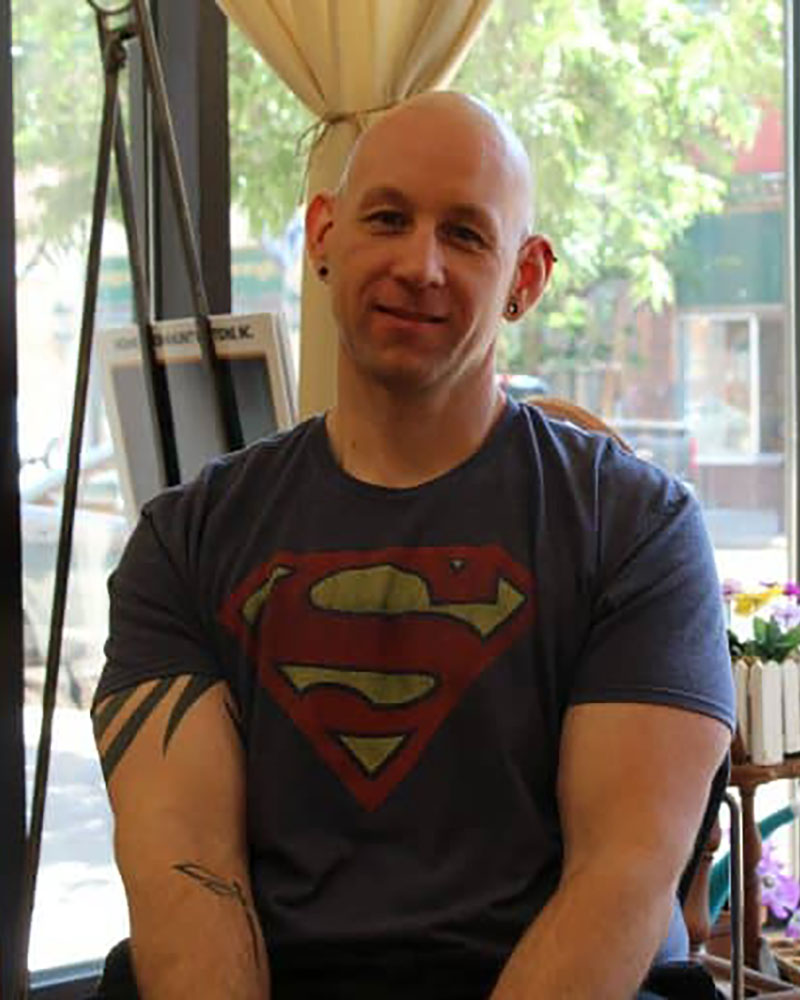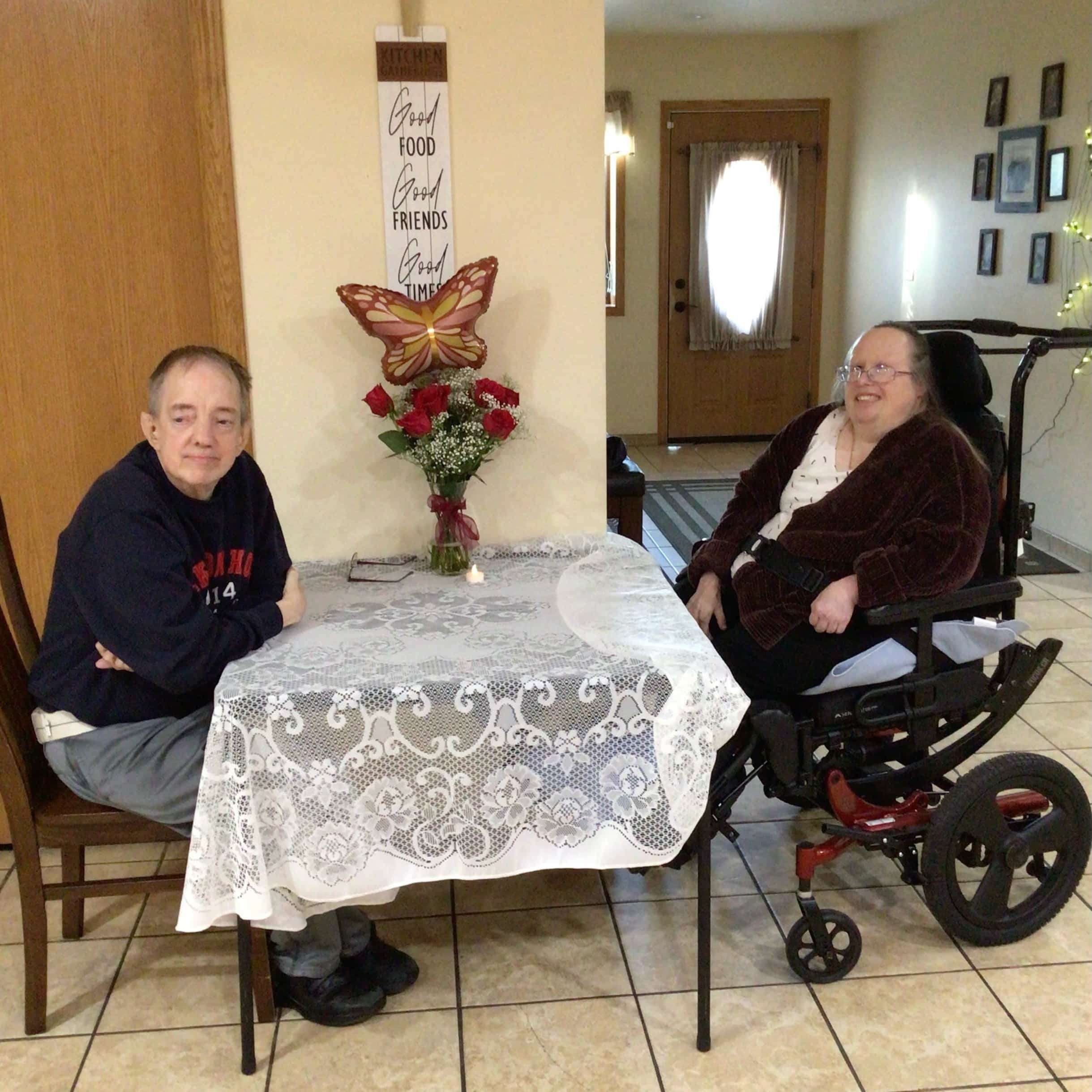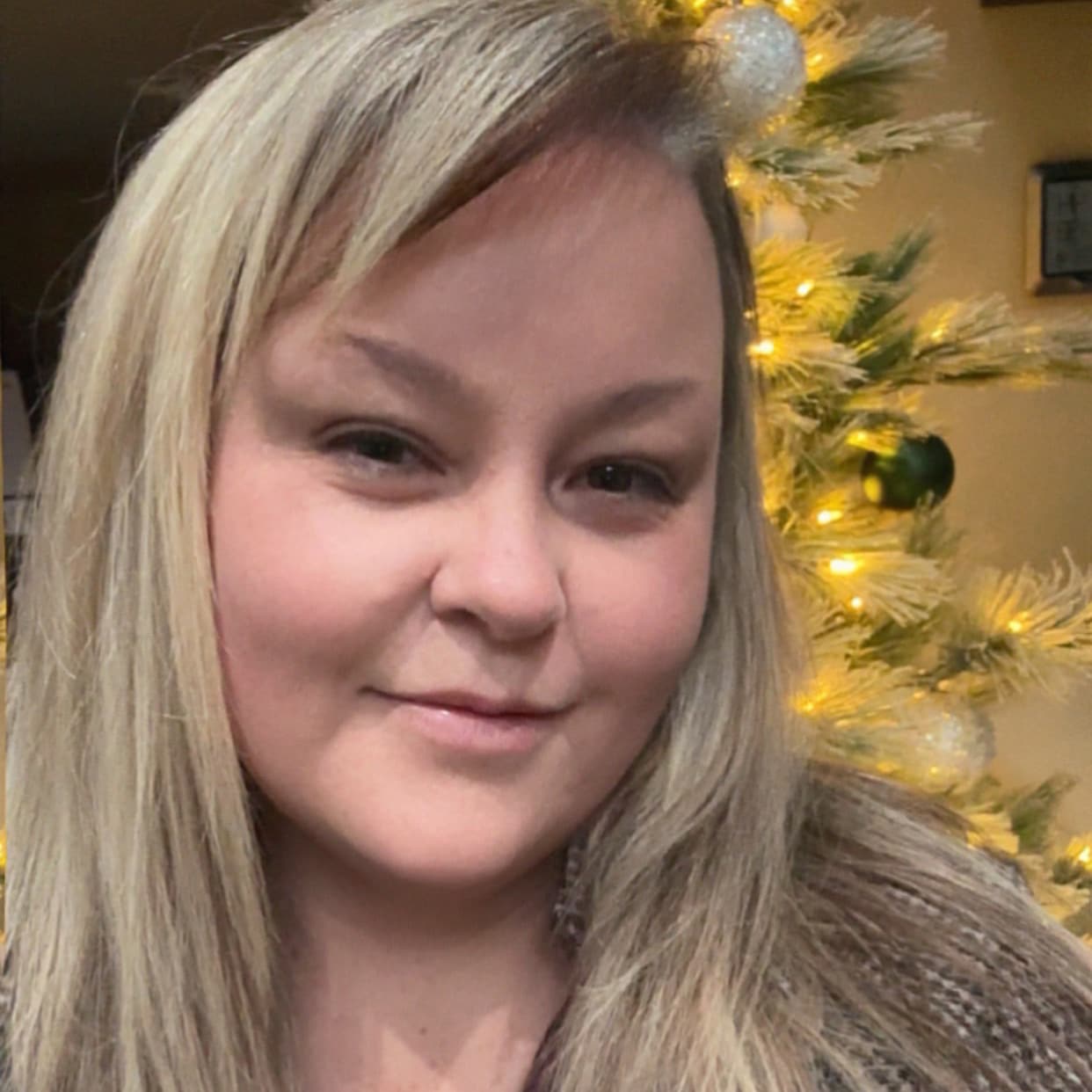Everyone at HCO has experienced a huge change since the initial Stay-At-Home order in reaction to COVID-19. It has been Dan Milian’s job over the past few months to help HCO maximize the technology it has available to safely operate during the pandemic.

Dan acts as the IT Desk for the agency. His role used to have him in and out of HCO’s various houses numerous times on a weekly basis, fixing computers or rotating out equipment. While he continues to help out staff at the programs work on faxing or scanning important files and papers, visits to the houses in person are now only occurring in an emergency. These days he is office-bound, walking people through computer problems on the phone.
At the beginning of March, the agency was already talking through various phases of their pandemic plan, assessing critical agency functions and the roles of its main office employees. Who was cross-trained and would be able to step in should someone become ill? Who would be able to take on new roles? Who could provide additional support to program staff and their supervisors in the event of positive COVID cases?
At times, it feels like almost business as usual at the Central Office – with a few exceptions. Bottles of hand sanitizer and disinfectant cleaner are stationed throughout the building. Symptom and temperature screenings are completed by staff in masks when they arrive. The main office is used to seeing staff and individuals HCO supports stop by regularly to drop off paperwork or pick up supplies, head downstairs into the office kitchen to work on cooking skills, make art in the resource area, or just pop their head in for a quick hello to catch up. Now, doors to offices are closed up, and traffic throughout the building has been restricted. Central Office staff rarely have face-to-face interactions with each other, and in their place is an abundance of communication through phone and video.
About a week before the mid-March Stay-At-Home order, Dan already had a pretty good idea of how much things were likely to change. “I started thinking about what could be done to mitigate the problems a quarantine would present,” he shared. One of his first projects was to make sure that the needed technology and equipment was in place so HCO’s management personnel and office staff could function without coming into contact with each other. Would they need to quarantine? What would a worst-case scenario look like? After careful consideration, their team at the main office was able to make a number of adjustments to processes that put safety, social distancing, and infection control systems in place, which enabled minimal disruption to the building’s staff and duties.
A number of the adjustments HCO had to take were made easier by steps that were already being worked on since last year. In HCO’s homes, being able to stay connected through Zoom has been a life changer. Through it, multiple people can attend a virtual face-to-face meeting. HCO had already begun introducing Zoom for Healthcare last fall as a way to deal with reducing costs in areas that have consistently been a challenge for agencies like HCO: underfunded mileage expenses, additional staffing support needs at program sites, and the potential for growing training capacity utilizing the new technology. Implementation was scheduled to roll out slowly, with limited programs piloting the software for use before expanding to encompass the whole agency. When the pandemic hit, as Dan described it, “instead of tip-toeing down the hill, we got pushed over the cliff.” Everyone had to get up to speed on how to use video communication – very quickly.
In another stroke of luck, HCO was in the process of purchasing iPads for its residential programs when the first cases of COVID-19 began appearing throughout the country. While originally acquired for the purposes of supporting nursing, documentation, and training needs at HCO’s various sites, the iPads have found multiple other uses in the wake of the pandemic. They are providing a critical doorway for friends and family to stay connected with their loved ones in HCO’s care. It’s also been an engaging way for HCO’s individuals – many of whom lead very active and productive social lives before the pandemic – to participate in various types of events and activities. Classes in chair yoga and adaptive dance, bingo games, scavenger hunts, and craft projects like window and door decorating for Easter or Mother’s Day are providing fun throughout the day while HCO residents are at home and unable to work. The most fun of all are the birthday parties, where HCO individuals across all houses get together through Zoom to sing happy birthday to one another.
COVID-19 has been likened as people having to “fly the plane while its being built,” but the experience has provided a number of opportunities for innovation and creativity. Dan has been active in finding ways to help other departments leverage technology to implement new ideas. A recent project involved working with Amazon to get HCO registered as an essential business providing health care. The designation, an idea he credits to coworker Ashly Bissen, enabled HCO to get prioritized access to additional sources of PPE (personal protective equipment), such as gloves, masks, and hazardous waste bags.
It has been a struggle on and off for HCO to secure more than just PPE. Dan’s work to procure technology equipment to enable teams to do their jobs without risking their own health and safety was also a challenge early on. With the state’s move to distance learning for children in school, families and friends using video software to stay in touch with loved ones, and other businesses doing their best to continue working where they can, he had to get creative in finding sources for purchasing things like video cables, webcams and audio headsets. “Technology equipment was really hard to come by for a while,” Dan shared. “Third party sellers have been charging 3-4 times what they would have for a webcam 6 months ago. A lot of electronics stores have been sold out or have very limited quantities. We had some difficulty in the beginning finding what we needed, but it’s gotten better.”
Dan thinks that in the future we can expect to see a continuation of more virtual meetings and less in-person gathering. “We’re all here for the individuals,” he says, “so it’s been a struggle. People are really missing each other!” For that reason, he hopes that at some point HCO will be able to resume some level of in-person meetings and visits in the future.





